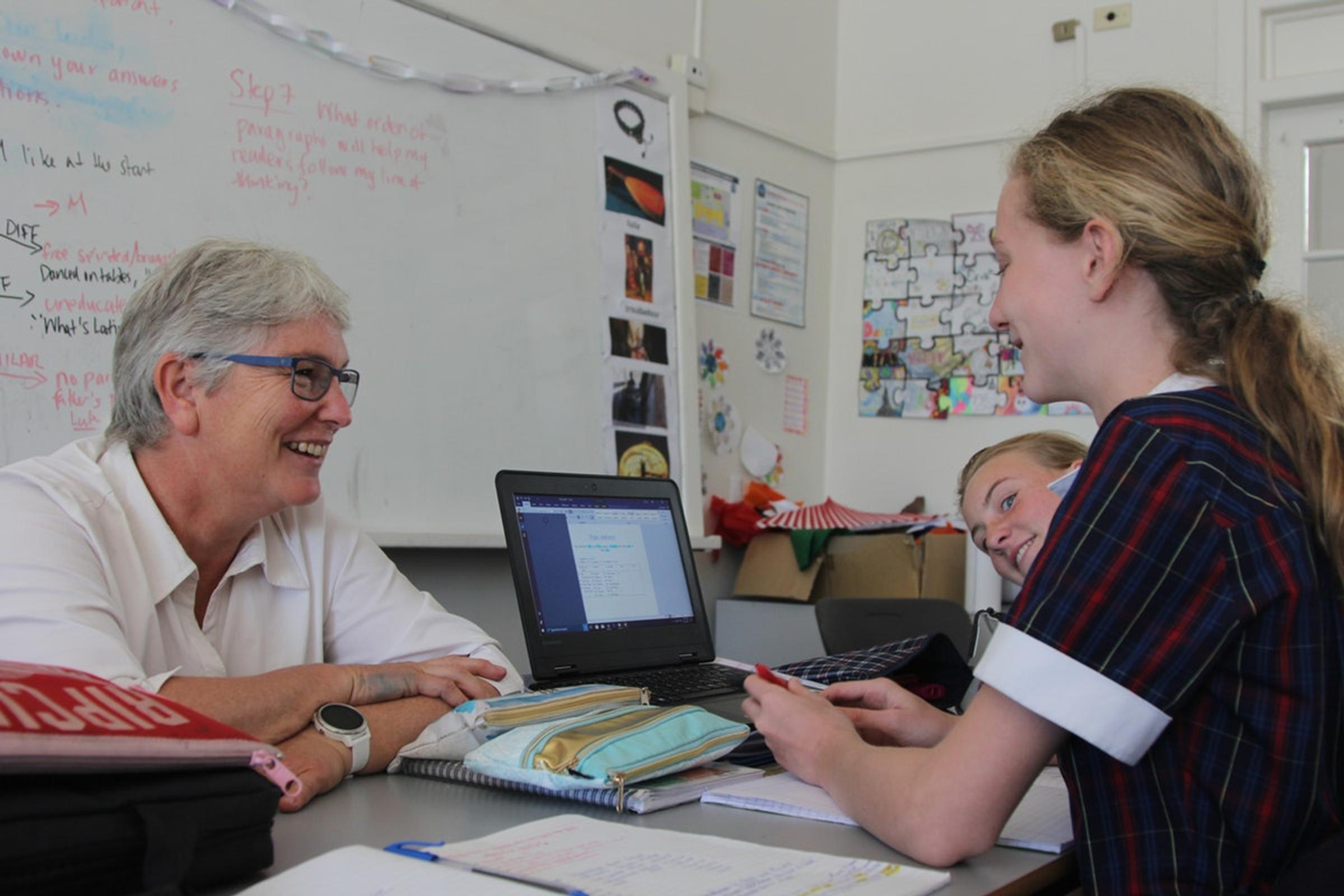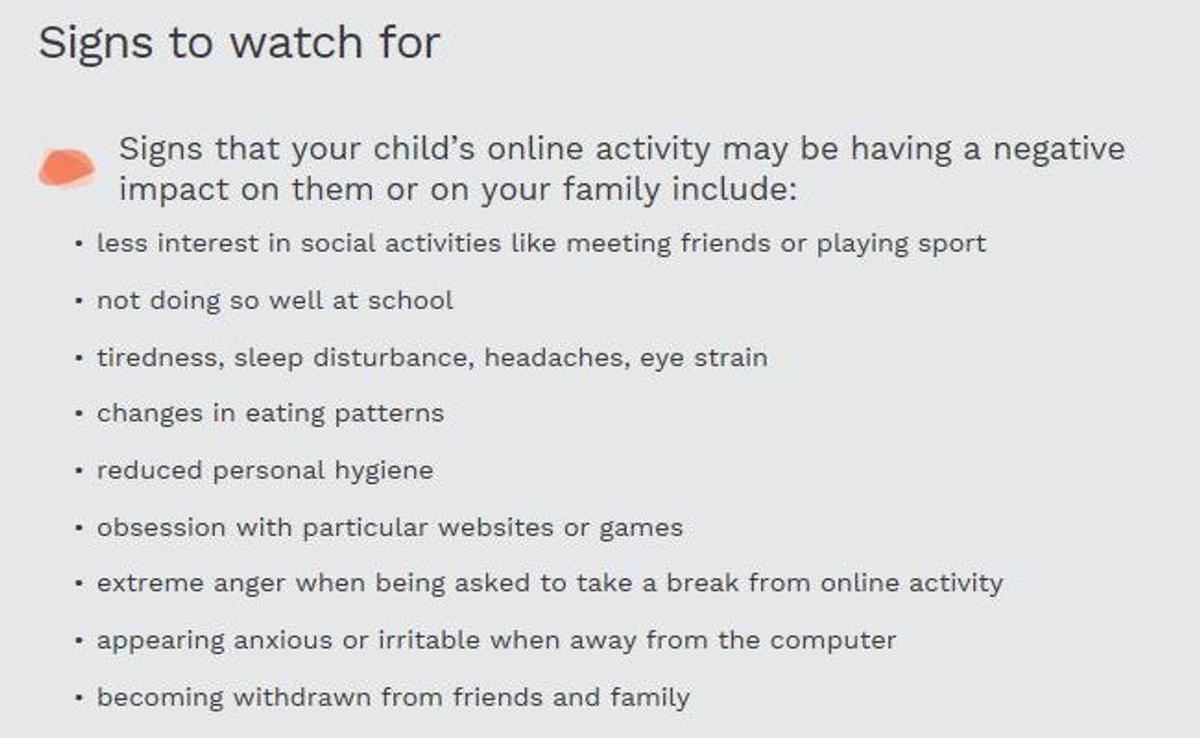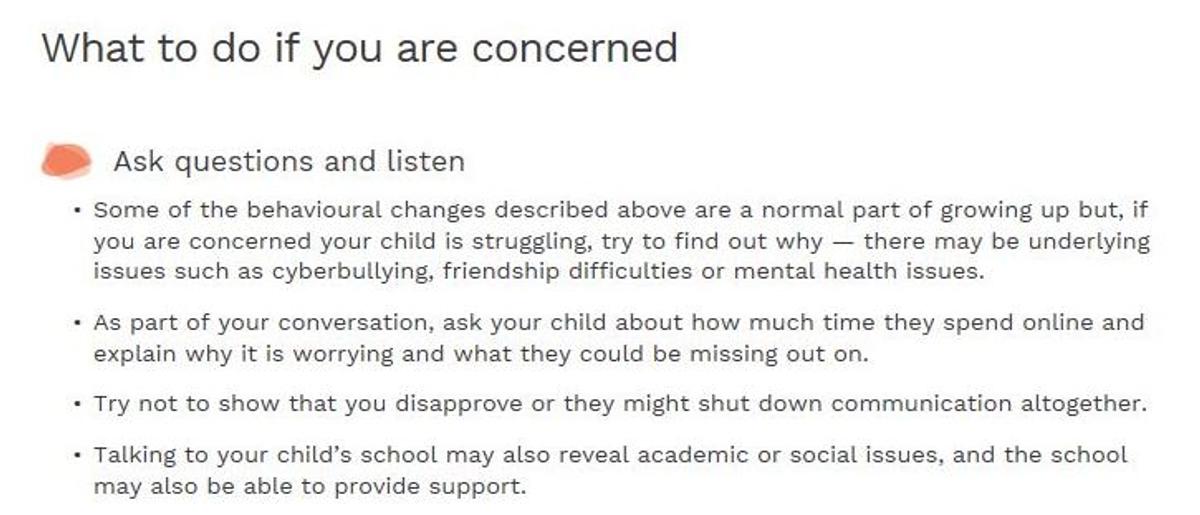Principal's Message

I was recently introduced to this ‘amazing’ App that allows you to order your coffee on the way to somewhere and when you arrive at the coffee shop it is already there waiting for you to pick it up. Yes, it seems very cool.
But …
One of my favourite parts of the day is my trip to school. I take great pleasure in dropping into my favourite coffee shop and being met with a smiley face and a three minute chat with my barista. I like that he knows my name and the way I like my coffee. My life would not be as rich without this short interaction with him most days of the week. So, I won’t be downloading the App!
Another delightful thing occurred earlier this year at this same coffee shop. Someone before me had paid for my coffee. They did not know me. It was a random act of kindness. I was delighted with the person’s generosity. So much so, that each week I have embraced this same act of generosity and paid for someone’s (as Sheldon would say) hot beverage. I am well away from the coffee shop before the person knows who paid for their beverage. I hope they experience the same delight that I did when I received my act of kindness.
I wonder now, where else I might be able to embrace our MFG trait of kindness and bring random joy to people?
Buildings
The wings have come completely off the Old Building and it appears even grander now. The ends will be amended in the heritage style and large garden beds will adorn the sides of the building. This will most likely take all of Term 4 to complete. Which means, as of 2020 we will be in our rejuvenated space. We will continue to use our Helen Fraser site for PE and Music until these areas are completed as Stage 2 of our building works.
Please feel free to contact Christine Couzens to reinforce to her our need for a gym and new music spaces.
christine.couzens@parliament.vic.gov.au
Academic Focus
Here are the final Study Tips in the ‘Improving You Memory’ series.
Talking
Talking is a very powerful strategy for improving memory. Talk about what you've learned to others or just to yourself (you can even record yourself than listen to it over and over). Sit down with your Mum, Dad, brother, sister or friend and tell them what you've learned. Struggling to memorise the process of photosynthesis for your upcoming Biology SAC? Then sit down with someone and describe in detail how the photosynthesis works. Want to learn History? Then discuss, debate and argue History with someone else. Want to improve your Indonesian? Then talk Indonesian with someone who will listen or find a fluent speaker who will listen to you.
Mnemonic devices
Many people use mnemonic devices to remember specific details from class and study tasks. Mnemonic devices work by relating facts with short phrases, words that rhyme, or anything else you are familiar with. For example, if an important definition that will appear on a test rhymed with the last name of your favourite singer or band you could use this mnemonic device to remember the word.
Another powerful mnemonic device for improving ability to remember important information and details is the use of acronyms. An acronym is a word composed of the first letters of a list of words. You take the list of words that you want to memorize and put them in an order so that the first letters of each word spell a real or made-up word that is easy to remember. An example of a simple acronym is MMADD – Music, Media, Art, Dance and Drama.
A very powerful mnemonic devices is music. Put what you want to remember to music, or your favourite song (or a catchy one).
Frequent Reviewing
All students cram for tests at one time or another. Although many people cram right before tests, it is not an effective long-term learning or memorization strategy. It is very difficult to retain information long-term from one or two cramming sessions.
The key to memory retention is to frequently review notes and other study materials weeks or days before tests. If possible, review notes immediately following classes and jot down or highlight information that will probably show up on a test. You should adapt this strategy after completing tasks for your subjects, SACs, extra reading on a topic etc.
Through repetitive review and study, you will eventually begin to retain the information being learned.
ICT
E-Safety has some excellent supports to assist parents to support their child/ren to be safe using technology and on-line.
The following is a section relating to the appropriate amount of time one should have using technology.
How much is too much?
There is no magic figure. The right amount of screen time can depend on a range of factors like your child’s age and maturity, the kind of content they are consuming, their learning needs and your family routine.
It can be easy to focus only on the clock, but the quality and nature of what they are doing online, and your involvement, are just as important.
Consider your child’s screen use in the context of their overall health and wellbeing. For example, is online time getting in the way of their sleep and exercise? Is it impacting on their face-to-face connections with family and friends? The answers to these questions will guide you and help strike the right balance of online and offline activities for your child.
Reference: https://esafety.gov.au/parents/big-issues/time-online
Ms Michelle Crofts
Principal of Matthew Flinders Girls Secondary College




